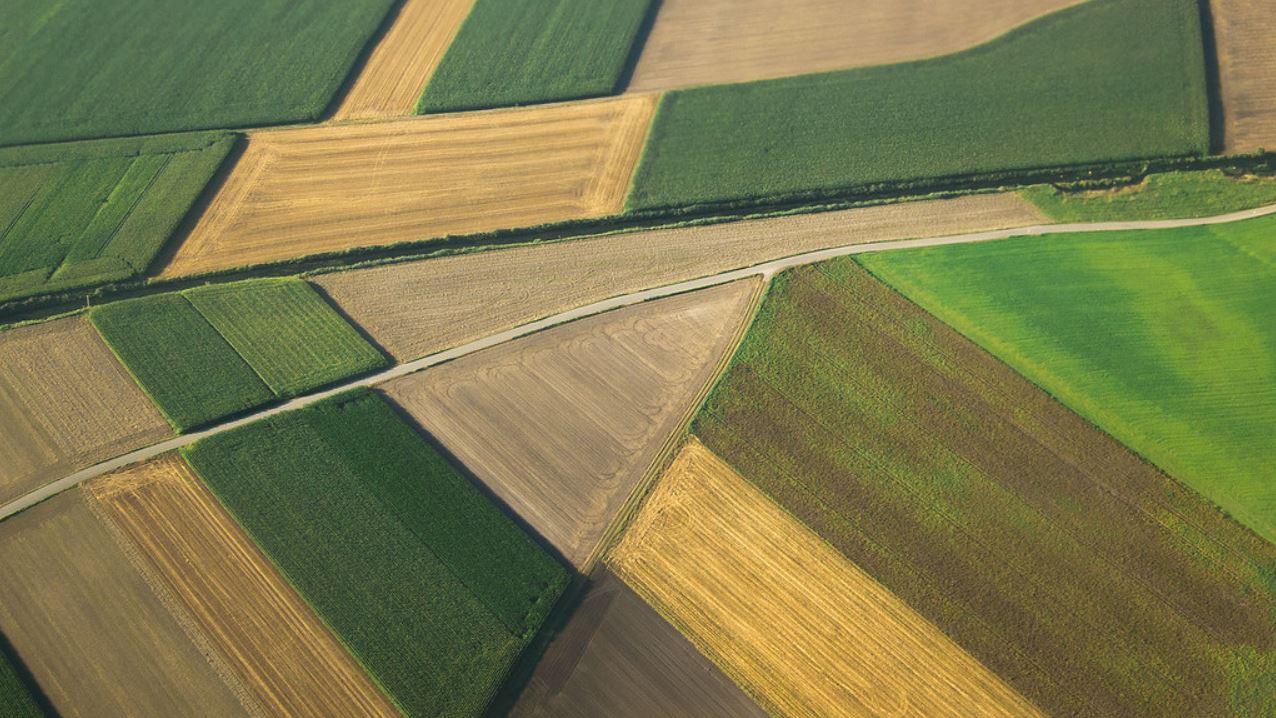Germany is set to allow some 80,000 seasonal workers enter the country from eastern Europe amid a shortage of farm labour.
According to a report from Germany-based media outlet Deutsche Welle, the workers, predominantly from Ukraine, will enter Germany in April and May (approximately 40,000 in each month) to assist with crop harvesting, subject to a number of restrictions.
German agriculture minister Julia Klockner and interior minister Horst Seehofer agreed last Thursday, April 2, to make provision for the entry of the workers amid the Covid-19 pandemic.
For their first 14 days after arriving, workers will work separately form each other and will remain on the farm. They will also maintain social distancing, or if that is not possible, wear masks and gloves.
These seasonal workers will also be supplemented by 10,000 temporary workers recruited from within Germany.
According to Deutsche Welle, these domestic workers will be recruited from among students, the unemployed (or underemployed) and asylum seekers.
However, only 20,000 arrived before the country implemented a ban on entry from abroad due to Covid-19.
The German Farmers’ Association (DBV) said that a ban on the entry of agricultural, seasonal workers would lead to a shortage of fruit and vegetable products and increased prices.
Meat import rules
In other international agriculture news, the EU is being urged to review meat import rules during the Covid-19 pandemic.
The European beef and veal sector required “a more targeted tariff rate quota for meat imports,” according to European farm organisation umbrella group Copa-Cogeca.
The group said that, with the loss of the food service and catering channels, the EU high-value cuts, including veal, have lost their market outlets and have experienced serious drops in demand.
This has led to increases in costs and “inevitable detrimental consequences for prices”, the organisation has warned.
